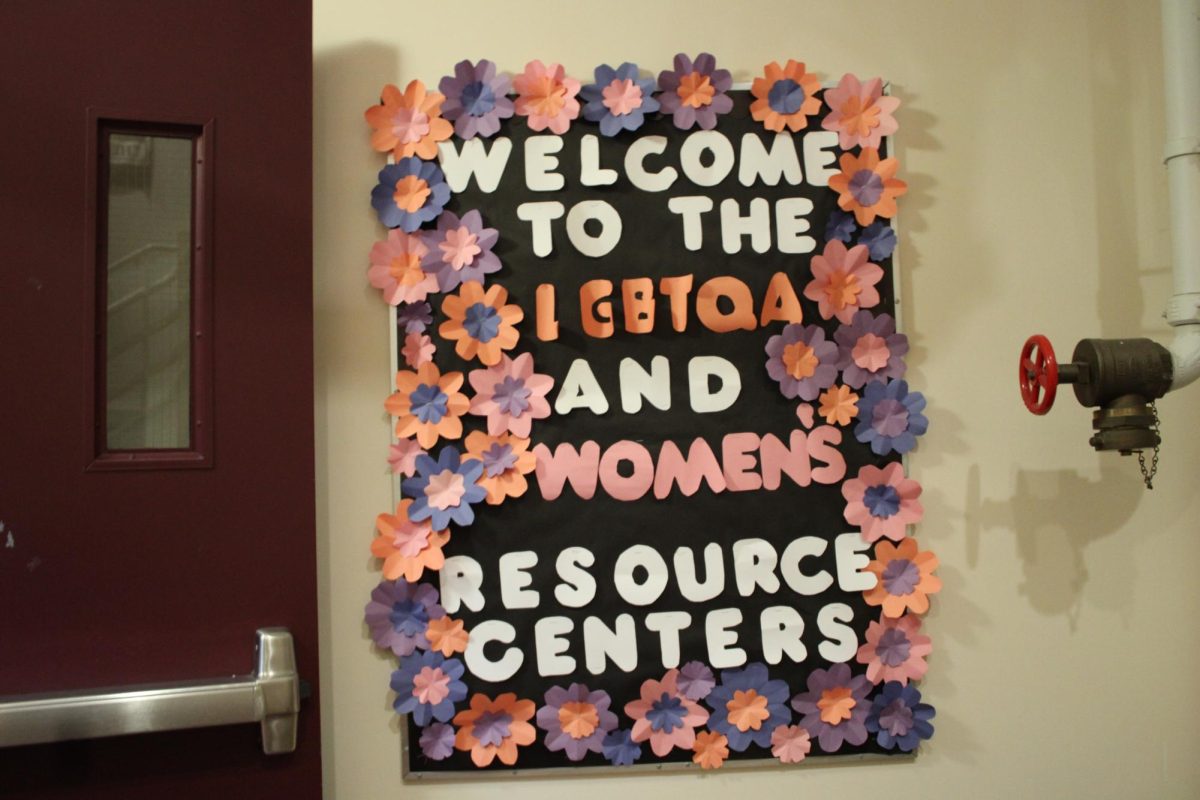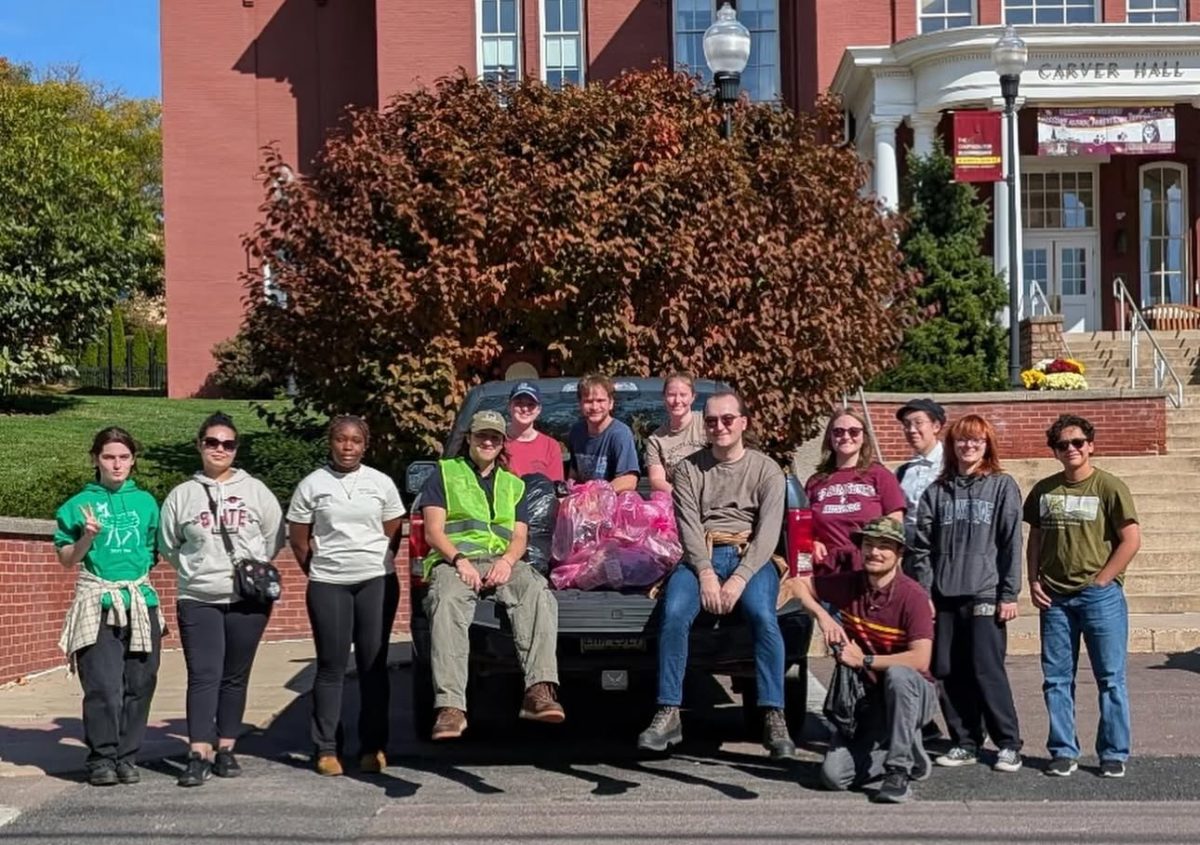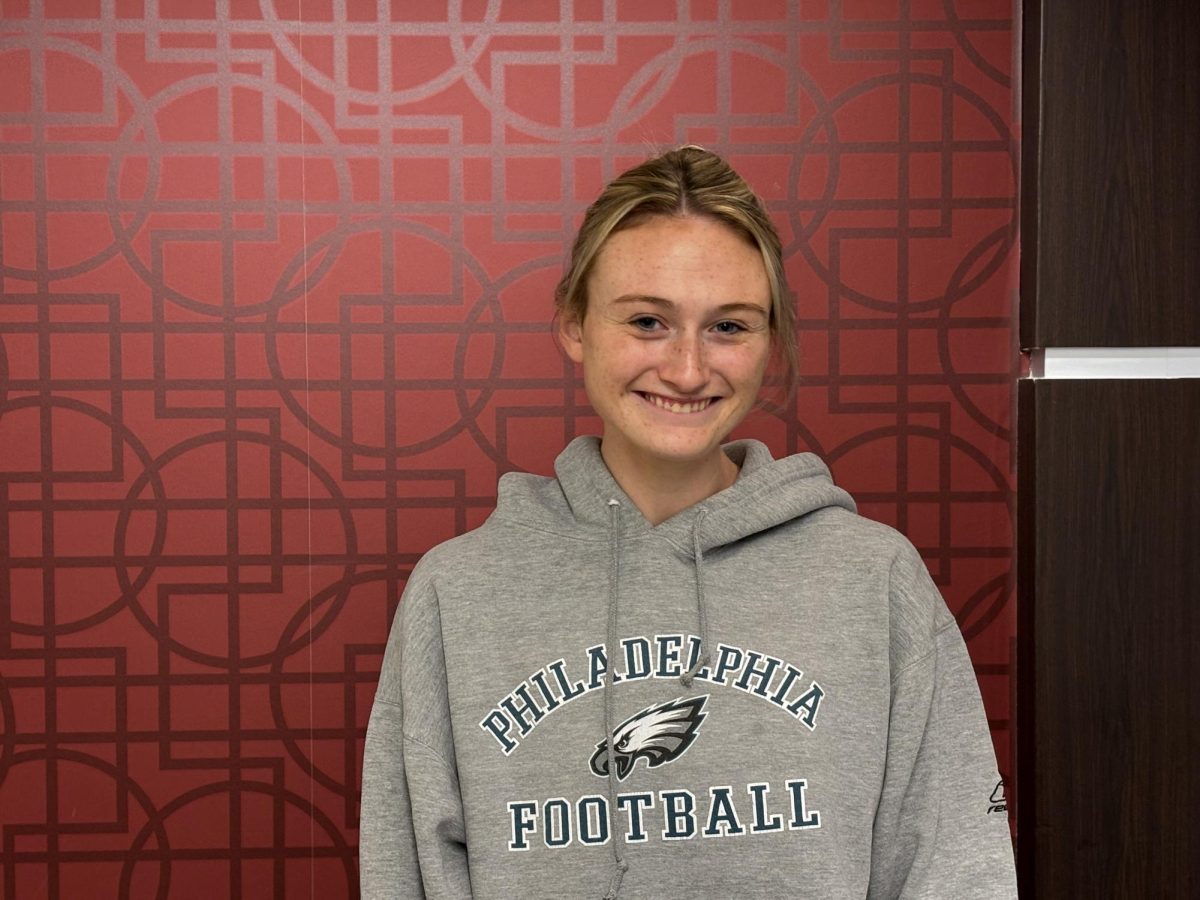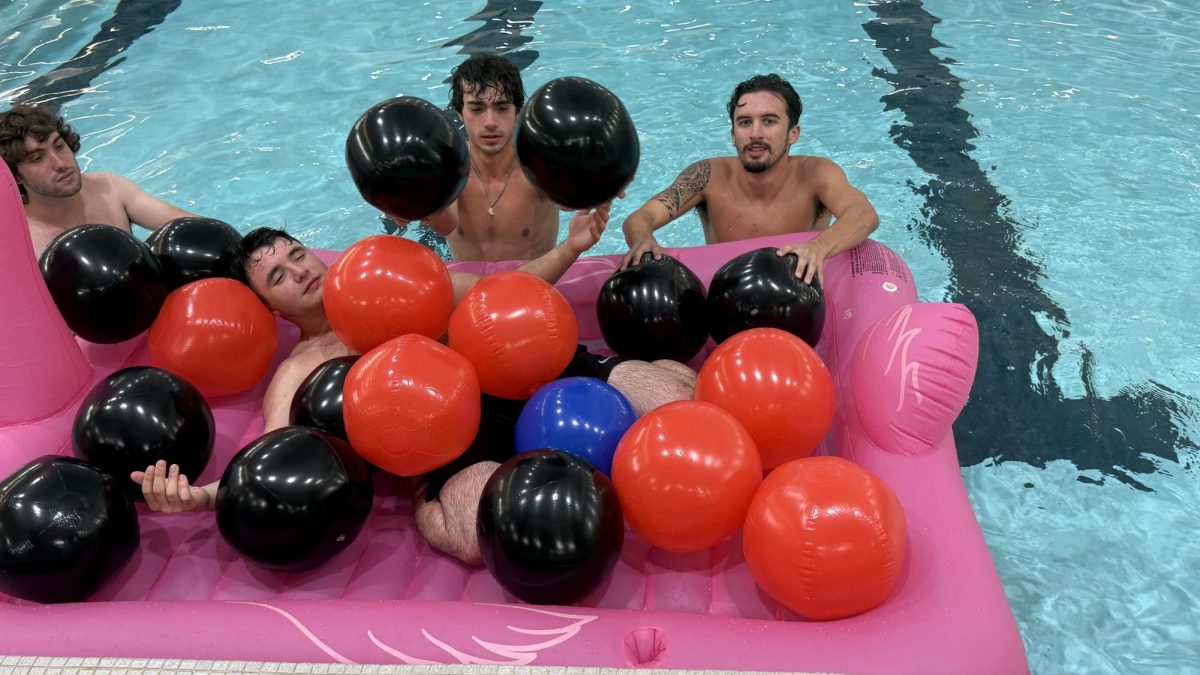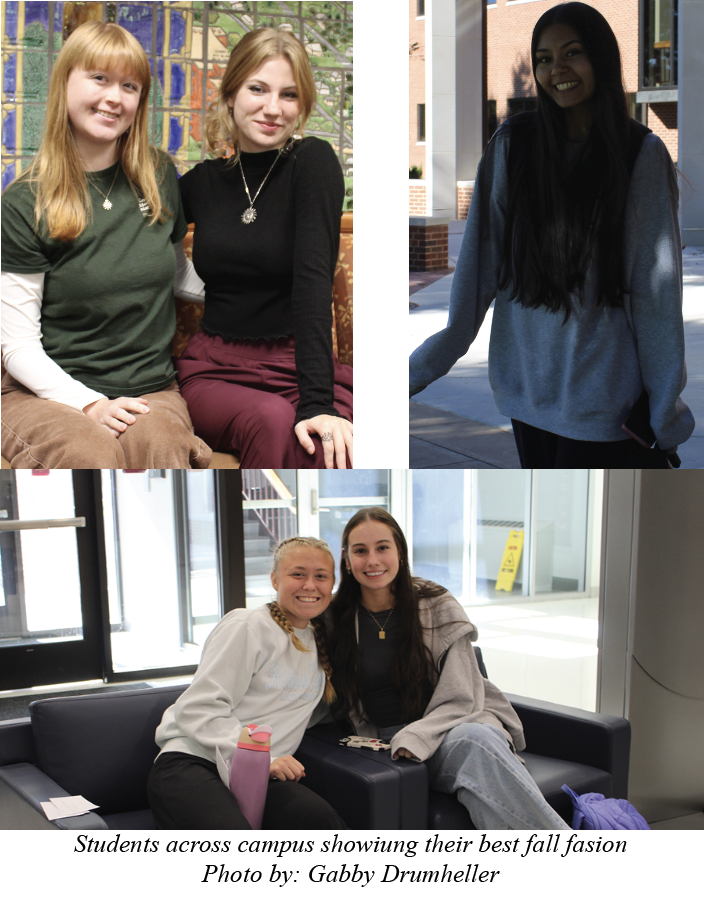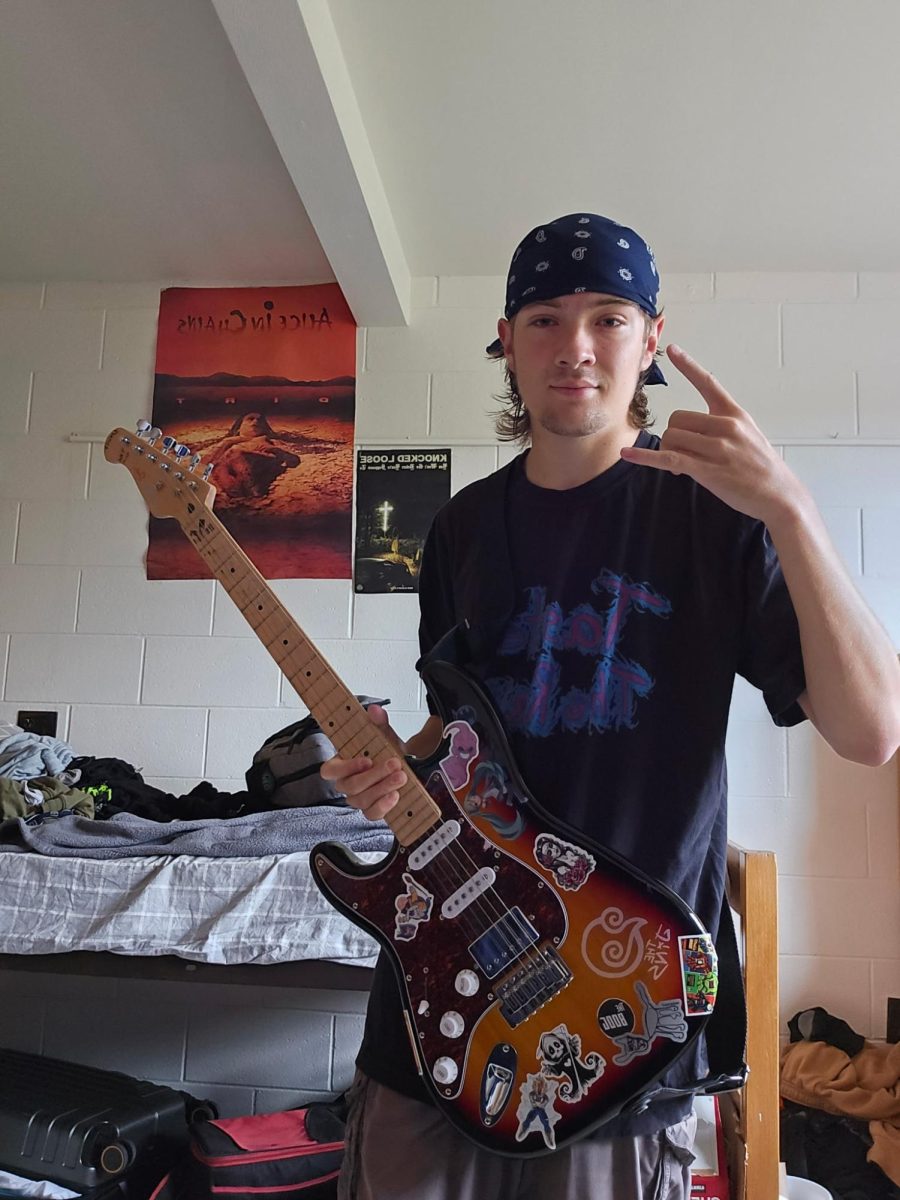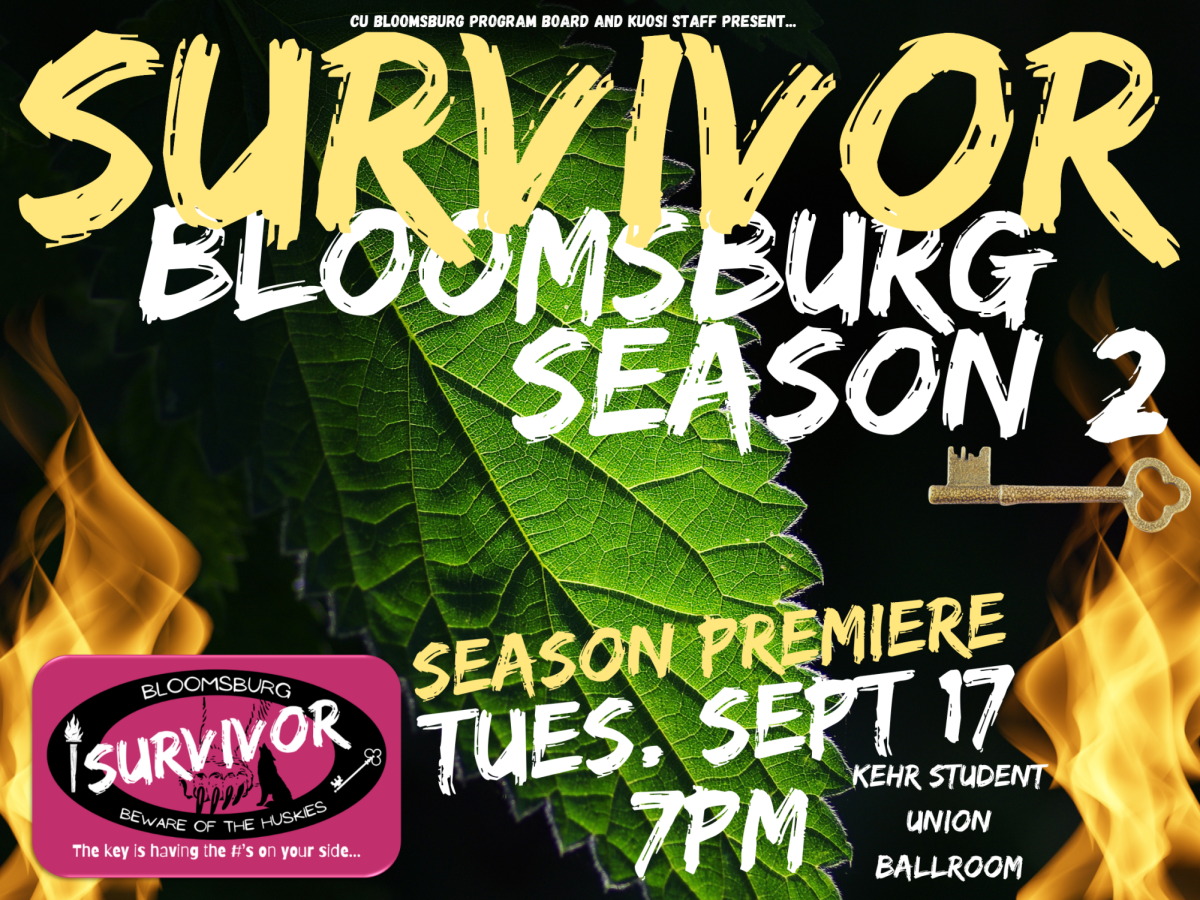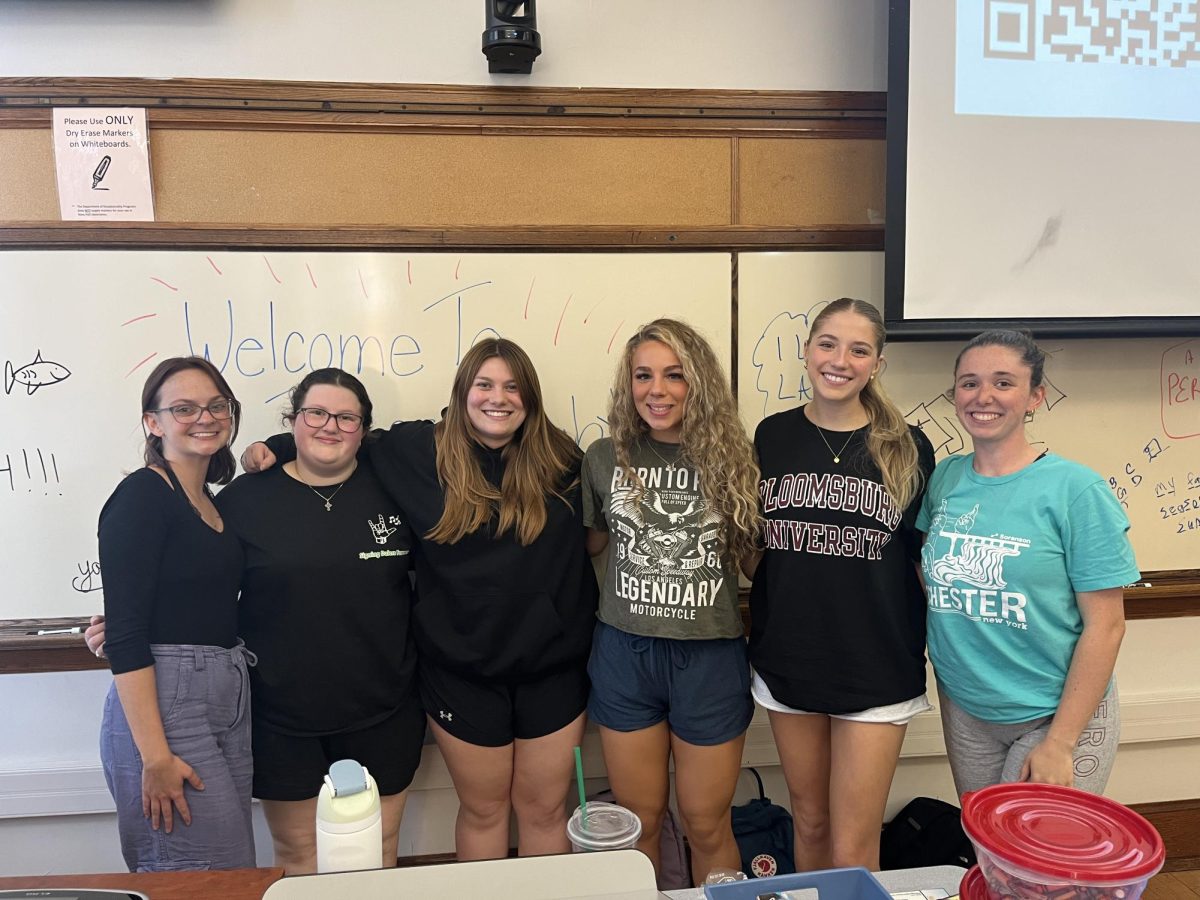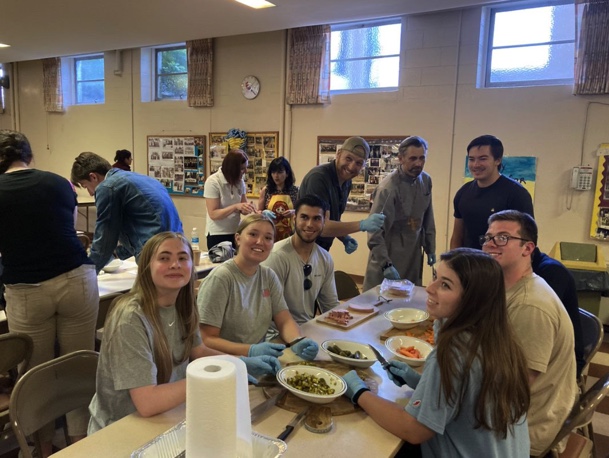When the Bloomsburg Campus of Commonwealth University offered an ROTC-exclusive trip to Latvia with intensive training and coursework, 102 applicants from 13 different states jumped on the opportunity to participate. The students had a hefty schedule but also enjoyed many free amenities. The group spent 5 weeks in Bloomsburg followed by 3 weeks in Latvia (Europe).
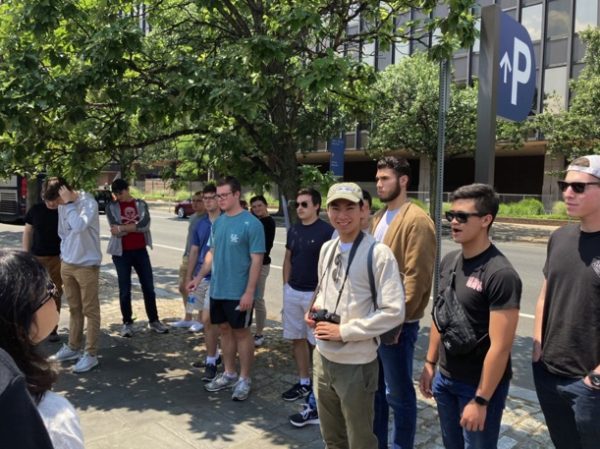
Project GO (Global Officer), established by the Department of Defense, is a program for ROTC students which focuses on improving the language skills, regional expertise, and intercultural communication skills of future military officers. The merging between Bloomsburg, Mansfield, and Lock Haven universities invited the expertise of LHU’s commander, Lieutenant John C. Acosta, which was crucial to forming Project GO. “Without the Bald Eagle Battalion, this wouldn’t be possible,” Heckrote stressed.
With an average 3.8 GPA, prospects each wrote an essay and completed a lengthy online application process. Only 26 applicants, which was 6 over the original limit, were admitted. “We had a lot more [6] second year applicants than we expected,” said army veteran Bob Heckrote, the program’s coordinator.
In addition to attracting some of the most reputable individuals to the Bloomsburg area, Project GO also provides a decent profit to BU through $13,000 in federal scholarships (per student), which largely benefits the housing and dining departments at Bloomsburg.
The director of Project GO is Russian language professor Mykola Polyuha. Also Bloomsburg’s chair of languages and cultures, Polyuha ran condensed summer language programs in the past, and witnessed how beneficial they are to students. After asking Bob Heckrote to join him for the administrative duties of Project GO, the two researched and initiated action on the program. Heckrote, who used to oversee student veteran affairs, quickly jumped on what he saw as a great opportunity for the school.
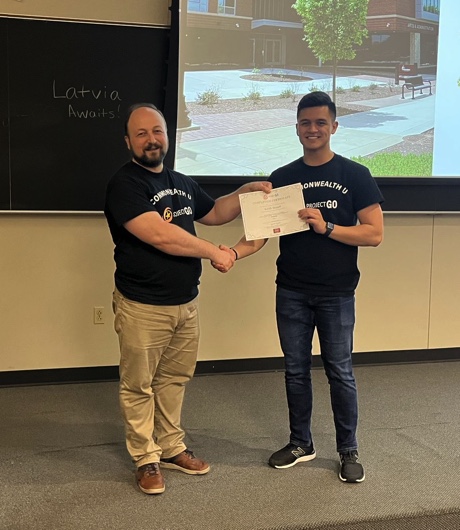
Another aspect of Project GO was managing the budget in order to design the best experience possible with the resources available. Dianna Burger from Accounting was in charge of the finances. She completed tasks in a timely manner, especially when it came to booking the travels. “We were able to plan what we needed to process students’ Tuition and Fees using the new BANNER system,” said Burger.
Students stayed in Soltz Hall, which has 2-3 bedroom suites where they shared a bathroom with roommates. Their meals were catered by the Chef’s Kitchen crew at Scranton Commons. “The Commons did a great job,” Heckrote said of the students’ satisfaction with their meals. Even the students’ laundry was paid for, “as well as their detergent and dryer sheets,” Heckrote added.
During their time on Bloomsburg University’s campus, the students took Russian classes, which also included aspects of culture such as music and dancing. They even put on a Russian talent show where they demonstrated newly gained knowledge. “This awesome program from our college will be a piece of their journey – a part of their amazing careers,” Heckrote said of his pleasure working with the students.
The students took domestic field trips to Philadelphia and New York City, where the ROTC cadets got to speak with FBI members and Russian tour guides. As for the highlight of the program, the trip to Latvia, the group visits the KGB and Occupational museums and the Museum of the War. They took Russian classes within the Russian Language Academy BORN in addition to those they took with Polyuha in Bloomsburg.
As for the future, Bob and Mykola plan to stick to the program’s 20-student limit despite the high demands for entry. “Choosing applicants was extremely difficult,” said Polyuha. However, it is clear the cream of the crop is what makes Project GO as unique as it is.


